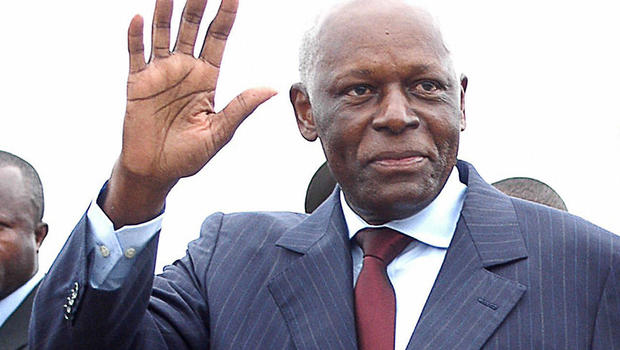The Private Sector and UN experts are worried that the East African Community might not benefit, at least not immediately, from the African Continental Free Trade Area, AfCFTA for failure to resolve internal issues. These include trade wars, non-tariff barriers, disintegrated tax and trade laws and infrastructure among others.
The AfCFTA is an agreement aimed at creating free trade across the borders of the 55 African countries, allowing free movement of capital, labour and goods. It is aimed at increasing trade as a catalyst for faster economic development for the region.
East Africa negotiated as a block as opposed to individual countries, because of its already advanced level of economic integration, and this would give it an advantage as a larger entity. However, while the Agreement took effect in January 2021, EAC is yet to start trading because its member country, South Sudan, is yet to ratify it.
To start trading, the countries are supposed to surrender at least 90 per cent of the tariff lines (goods that will have tariffs removed or liberalized), while the rest of the goods considered sensitive may have their tariffs either removed later or retained for their protection.
But as the region awaits South Sudan’s ratification, and while it has submitted 90.2 per cent of the tariff lines to be liberalized, the East African Business Council says the bloc is not ready in many aspects. For example, John Bosco Kaliisa, the EABC Chief Executive, says the bloc has failed to rid itself of non-tariff barriers and gives examples of the recurrent trade wars between Uganda and Kenya.
He also says several trade promotion instruments signed in the bloc are not working, and this will make it hard for the countries to trade as a bloc with the rest of Africa.
Uganda accuses Kenya of always blocking her products, especially grain, sugar, beef, milk and poultry and poultry products without genuine reasons. Some of the reasons by Kenya include that Uganda imports goods from outside the region and exports them, contrary to Uganda’s insistence that they are all locally produced.
Kenya also cited standard issues with Uganda’s products, while also accusing Uganda of imposing illegal tariffs on Kenyan products. Kaliisa says that while the continental treaty gives the region good opportunities, it is unlikely that it will take advantage of them.
The EABC also says the agreement is likely to benefit the large companies because the negotiations have not taken care of small and medium scale enterprises. These include the failure to include the Simplified Trade Regime which had been proposed to take care of the SMEs ‘ needs to trade across borders.
Experts say the African countries should fast track the AfCFTA to develop intra-African trade because it is becoming harder to trade with the rest of the world because of the disastrous shocks like Covid 19 pandemic and now the Russia-Ukraine war.
Mama Keita, the Director of the East African office at the United Nations Economic Commission for Africa, says Africa needs to review its policies in the wake of the new global challenges. She says that the impacts of these challenges will be dire if the region does not remove non-tariff barriers to trade.
The Chief Executive, John Bosco Kaliisa agrees with her but blames the countries for their unwillingness to make or implement the required reforms. He is particularly bothered about the challenges that are facing the Rules of Origin which have made it difficult for Uganda to trade with Kenya, as well as the problems with the customs procedures.
In many cases, trade between African countries and other regions has been easier than trading across borders, because of problems to do with taxes, infrastructure and other barriers.
Paul Makanga, the Vice Chairman of the Confederation of Tanzania Industries, says unless the region reduces the cost of doing business and makes economic policies more predictable, the AfCFTA will face challenges.
-URN





